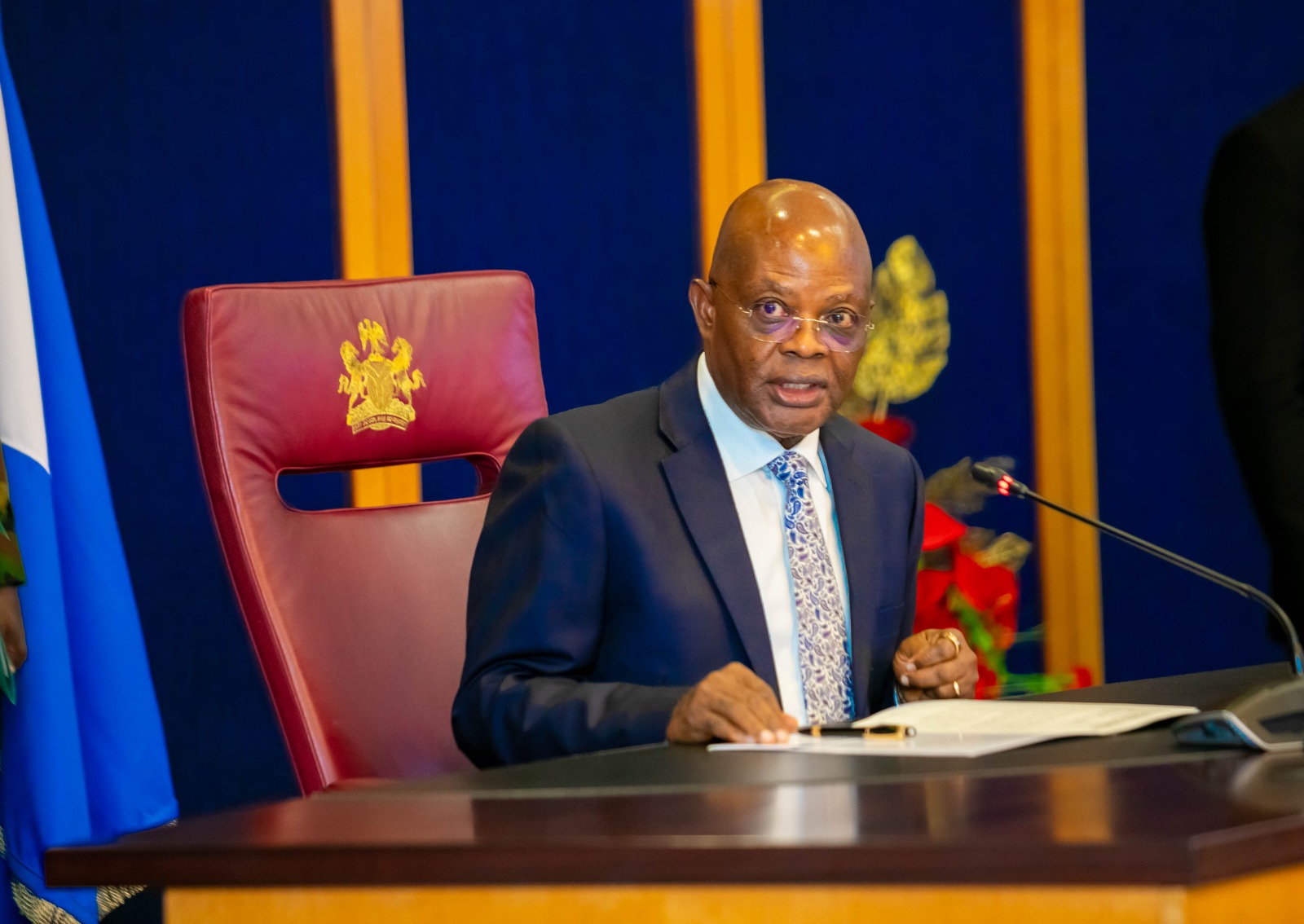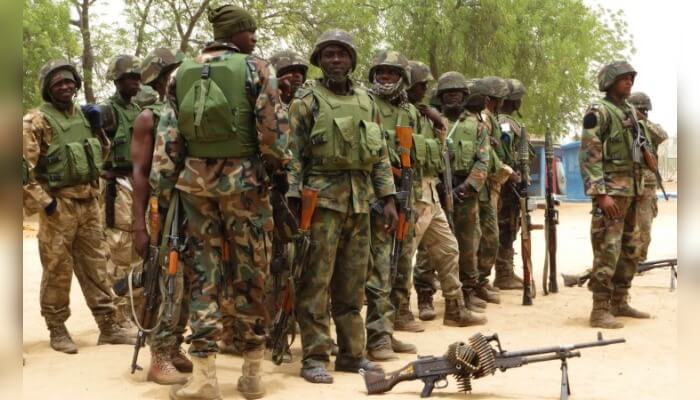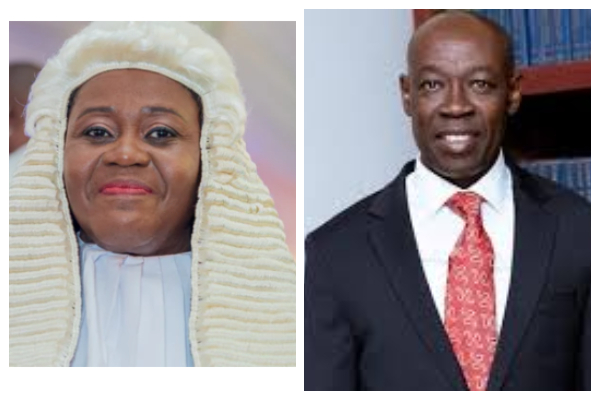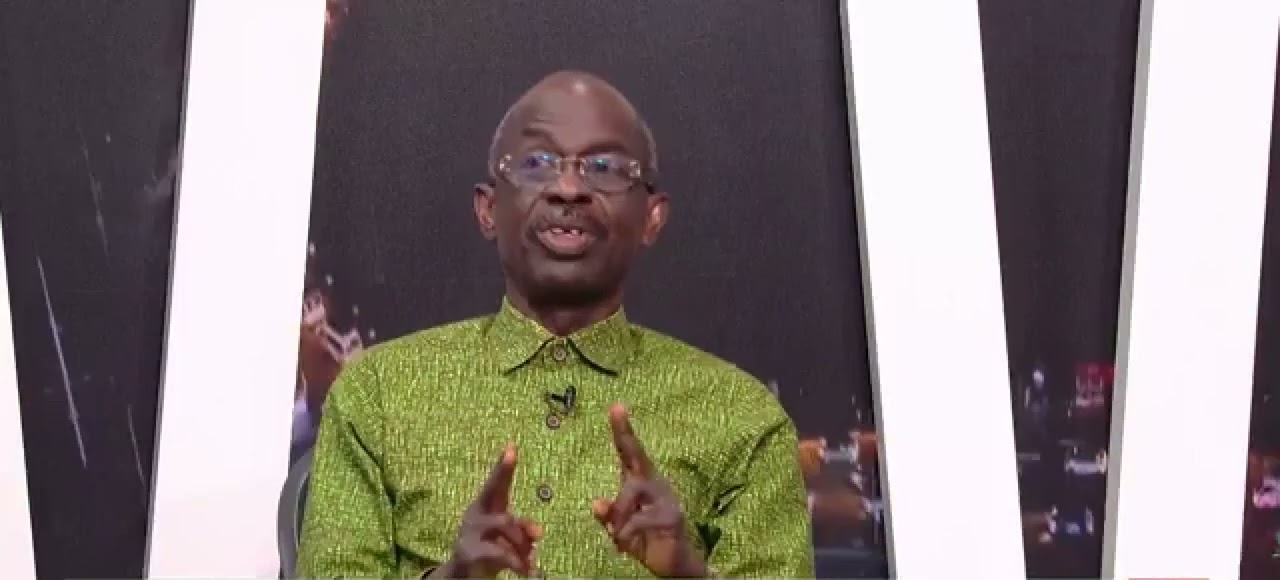Inside The BBC's Glastonbury Festival Coverage | Features | Clash Magazine Music News, Reviews & Interviews
The gates of Worthy Farm have been flung open, and around 200,00 revellers will combine to make Glastonbury the mother, father, and wayward sibling of all counter cultural parties. For many millions more at home, however, Glastonbury will play a different role in their lives. The BBC’s epic broadcasting mission will beam all kinds of performances into the nation’s homes – from stellar headliners and goldie oldies through to new bands, seismic rappers, and beyond. It’s an impact this writer can attest to, having grown up using the famous ‘red button’ to flit between sets, before the service evolved into the iPlayer we know and love today.
“Glastonbury is really special,” asserts 6 Music host from his home in Cardiff. “And this is the BBC at it’s best, in terms of the coverage, the filming, and the access we get.”
Helming the station’s drive-time show, Huw is no stranger to Glastonbury, having first attended at the turn of the Millennium. “My first ever Glastonbury was the year David Bowie headlined,” Huw recalls. “I remember sitting on a car bonnet – someone had got a car on the camp site! – looking at David Bowie.”
“I’ve been very lucky to have been a lot, and to see how the festival has changed. Every year is completely different. But it’s all one big happy hazy memory for me.”
—

—
6 Music compatriot agrees. Chatting to Clash a few minutes after his latest Breakfast Show on the station has been sealed off, he recalls first attending Glastonbury as a junior radio plugger, fresh in the music industry. Entrusted to navigate a then-unknown band called around the site, he saw first-hand the work, care, and attention that goes into the festival.
“They were so new that they didn’t have enough passes to get backstage – so we had to smuggle them around so they could actually do promo!” he laughs. “And my boss took me on a pilgrimage round the festival, off the beaten track to all the hidden spots. She took me to the highest point of the festival on our first night, and I got to look back and see the whole scale of the festival.”
“There’s a sense of care,” he points out. “It isn’t paid for by a credit card company or a bank. There’s a magic to it, there’s a freedom to it, and it does feel really special.”
“Glastonbury really does deliver these key culturally defining moments year after year. It’s such a dream to even be there. I’ve always been drawn to it. I mean, going to Glastonbury and doing a radio show to tell people how special it is – that’s not really work is it?” he laughs.
The BBC team at Glastonbury is a true military operation – everyone knows their role, and remain completely dedicated to the task in hand. “Once you’re there – rightly – you work hard. People want to get it right. They all work really hard. It’s a big operation and it means a lot to people,” Huw points out.
“They do it really well, and I’m not just saying that because I work here,” Nick adds. “They cover a lot of ground. There’s so much on iPlayer. The team are there from the gates opening on Wednesday through to the final sets on Sunday night.”
—

—
The action is already hotting up. Nick Grimshaw welcomes to his show today (June 26th) to discuss the producer’s special soundsystem installation on Worthy Farm, while Huw Stephens is busy platforming some fantastic new bands. They’re both keen to catch on Friday, while Nick Grimshaw is intrigued to immerse himself in some of the Healing Fields esoteric activities – including a whale song workshop.
“Don’t get me wrong, I’ve have rave-ups at Glastonbury!” Huw chuckles. “I’ve woken up in my tent, in my wellies, thinking ‘oh my God, what have I done!’ But those days are gone. Each time you step foot on to Worthy Farm… it’s special. It’s a unique experience. It stays with you a long time.”
“Well the line-up is world class isn’t it,” he points out. “We get people having mini-festivals in their garden. And you can watch it over summer, with the special Glastonbury channels on iPlayer.”
The sheer depth of the Glastonbury line-up is colossal. “Rod Stewart – would I go and watch him in concert on his own?” Huw queries. “Well, probably not. Will I go watch him on the Pyramid Stage on Sunday? Of course I will! It’s going to be incredible.”
“You don’t want to, but you always miss stuff – and I spend the weeks after Glastonbury getting caught up on iPlayer.”
There’s a real sense of camaraderie to the 6 Music team, and the BBC exercise as a whole. While Manchester’s 6 Music Festival is technically the family re-union, Glastonbury isn’t far off, with people travelling from studios in Salford, Cardiff and London. “Oh I listen to all the shows on 6 Music,” Nick attests. “I love it so much! I honestly feel so inspired when I leave the studio. It’s free, it’s limitless, and it’s really exciting.”
“I think everyone’s quite excited about Sunday,” Nick reveals, “because everyone – or most of us – will have our work done, so we can left our hair down a little.”
“On our show, we’re roaming around this year – we’re gonna go and do the show from Woodies, and meet different people. We’re gonna go to Block9, to Shangri-La… we’re gonna cover it all.”
—

—
For Huw, radio is about communication, creating a world that people can enter. “People’s time is sacred isn’t it? We don’t have a lot of it in our lives. So for people to tune in, that’s a big commitment, and I take it seriously. I just make the type of show that I personally would want to listen to.”
Last night (June 25th) saw an ambitious circus act open the Pyramid Stage, and the first performers are already getting ready – that Glastonbury magic is in the air. “We’re just lucky to have it, aren’t we?” Huw finishes. “We’re lucky that the Eavis family have kept it, and grown it, and changed it over the years. If I had to choose one great thing about the UK, it would be Glastonbury Festival.”
—
Check out the BBC Glastonbury cover on
—










